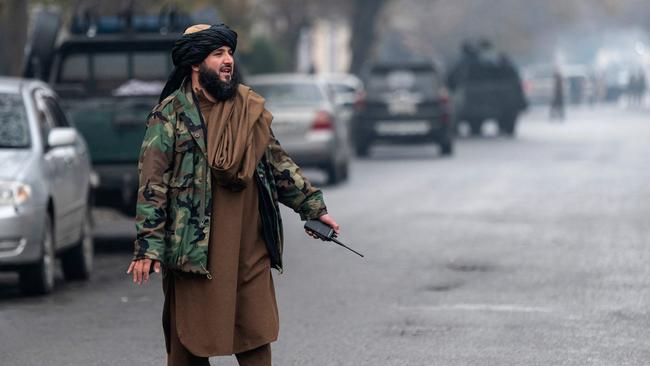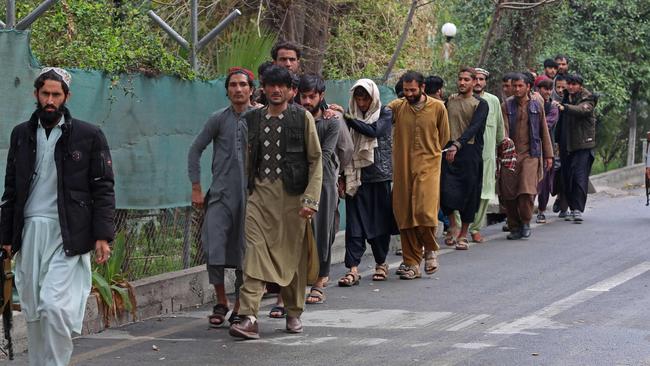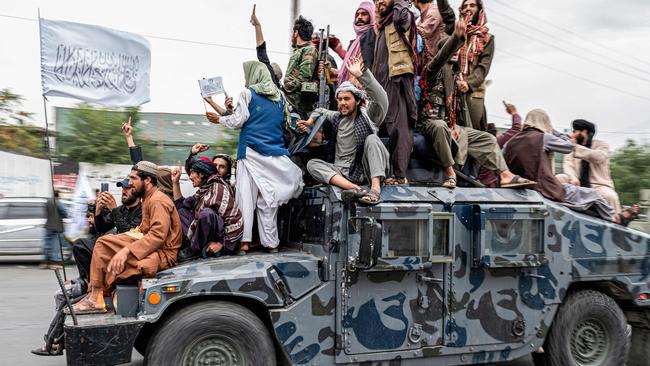Afghan evacuees who fled Taliban face new threat amid rising cost of living
They fled a tyrannical Taliban regimen for safety on Australian shores, now Afghan evacuees fear their new lives will be crippled under a new threat — the cost of living.

Victoria
Don't miss out on the headlines from Victoria. Followed categories will be added to My News.
They fled a tyrannical Taliban regimen to reach safety in Australia, but now Afghan evacuees say a new threat has risen — the cost of living.
In a sign that the inflation beast is hurting in every corner of the nation, a survey of Australia’s newest arrivals shows almost 80 per cent of respondents listed hip pocket worries as “the biggest fear you have relating to life in Australia”.
The next biggest concerns were around employment, at 11 per cent, and housing at 7 per cent, while racism was listed by only one of the 102 people interviewed.
In positive news for settlement agencies like AMES Australia, who commissioned the survey, 96 per cent of people said they felt welcome in Australia most or all of the time.

Amin Niazai, one of 3000 people who settled in Victoria following the return of the Taliban in 2021, said he had been grateful for the support his family and community had received.
Mr Niazai, who has a doctorate in Forestry and Biomaterials and is a climate adaptation specialist, said Afghan families in Australia were keen to get work but an English language barrier sometimes posed a challenge.
Cost of living pressures, he said, had also increased significantly since he had arrived and were now a major concern.
“Living expenses are really surging,” he said.

“In October, 2021, grocery expenses weren’t so high, now they are and also energy costs are so high,” he said.
Mr Niazai is about to commence a bushfire research project at RMIT University, after recently finishing a state government internship.
His dream is to return to his home country when possible to transform landscapes ravaged by drought and make them productive again, providing much-needed food to locals.
AMES Australia chief executive Cath Scarth said the survey result showed Afghan evacuees were grateful to be in Australia and intent on making a contribution to society.
“What comes through in survey is that the Afghans, many of whom were torn from their lives at short notice and in traumatic circumstances, are incredibly resilient and they are intent on rebuilding their lives and on becoming part of Australian society,” Ms Scarth said.
“We can also see that many are entrepreneurial and plan to start businesses.”





